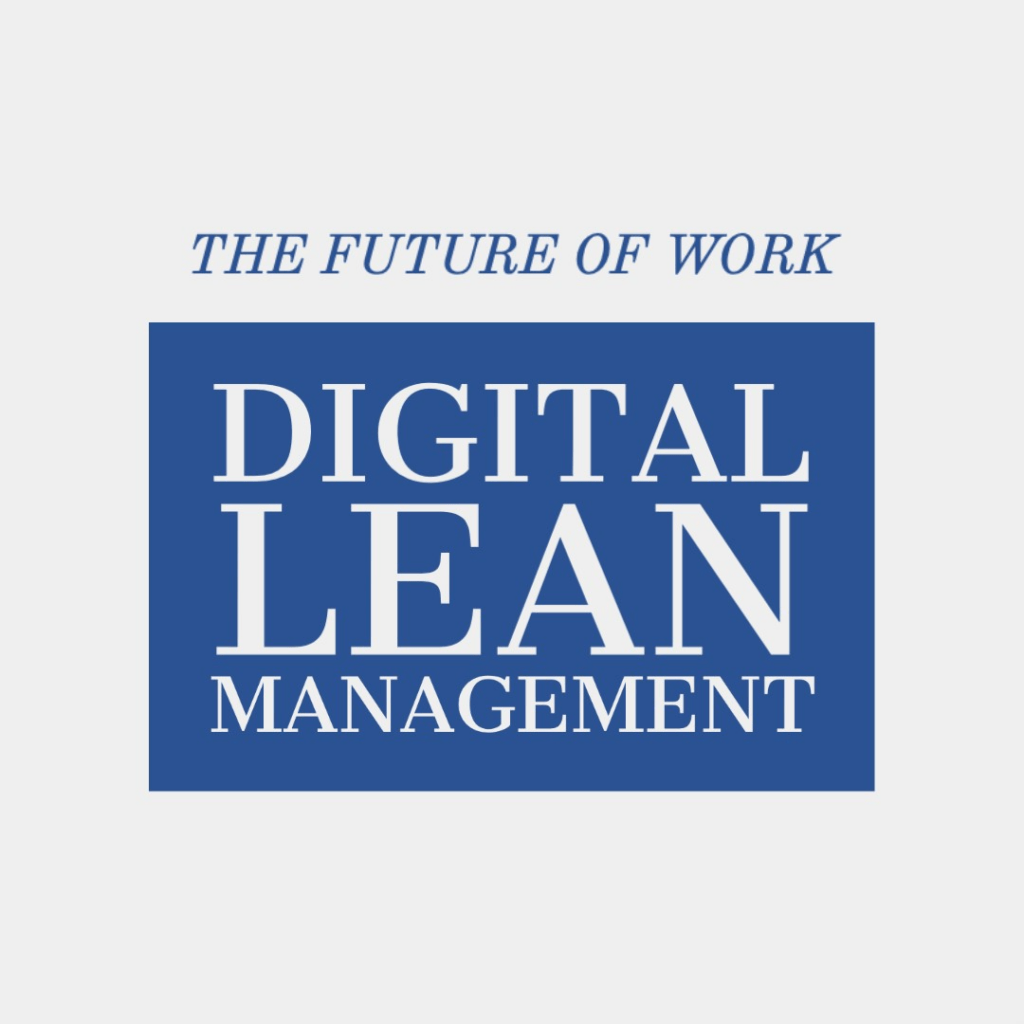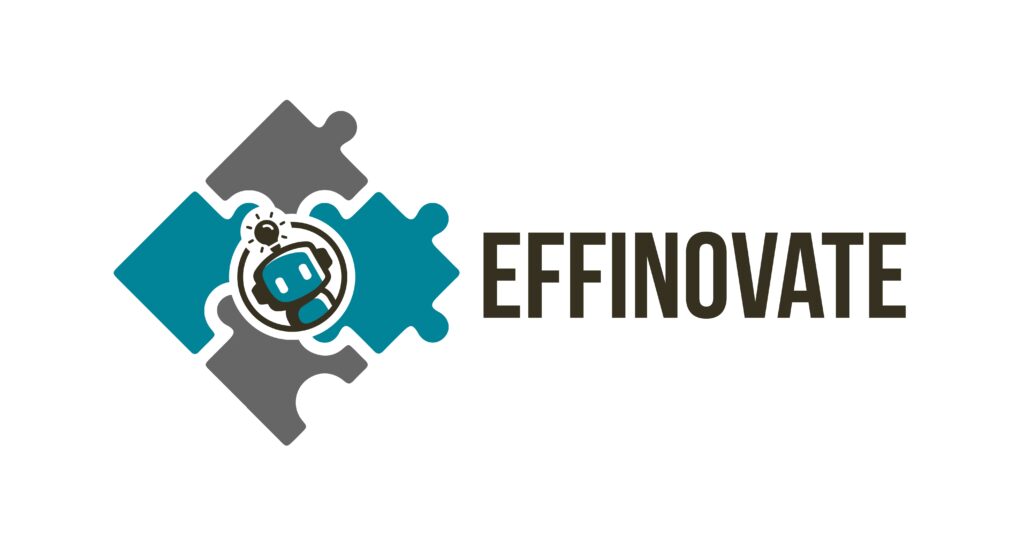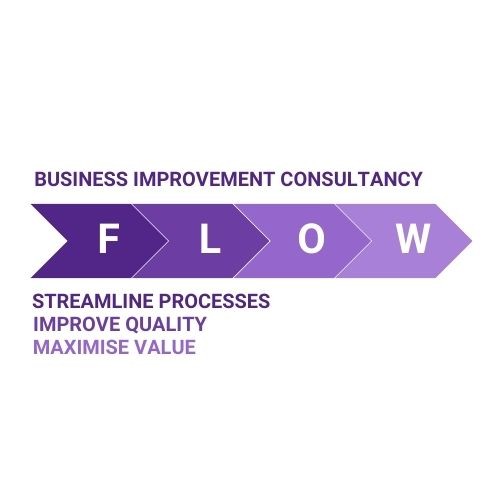How Intelligent Automation is Changing Business Process Management
While traditional automation methods can be good in handling simple tasks, their reliance on rigid, predefined rules can hinder their adaptability to dynamic situations. This limitation can result in inefficiencies and errors, particularly when managing intricate tasks or complex data. Hence, the need for intelligent automation in business processes.
Intelligent automation seamlessly integrates the rapidity and effectiveness of robotic process automation (RPA) with the versatility and decision-making prowess of artificial intelligence (AI). Through the use of AI algorithms for data analysis and decision-making, these intelligent automation systems possess the capacity to acquire knowledge and adjust to evolving situations, culminating in enhanced precision and efficiency within processes.

When striving for excellence in process efficiency and quality, ILSSI’s Accredited Lean Six Sigma Certifications offer a comprehensive path to mastery, ensuring your workforce is equipped with the knowledge and skills needed to drive continuous improvement.
No doubt, Business Process Management (BPM) is crucial for every organization. It involves designing, executing, controlling, and optimizing processes to improve efficiency and reduce costs.This article explores the profound impact of intelligent automation on business operations, shedding light on its components, benefits, applications, and the future of automation.
What is Intelligent Automation?
Intelligent automation is more than just a buzzword; it’s a practice that leverages cutting-edge technology to optimize operational performance while cutting down expenses. Through the use of automation tools businesses can develop workflows that learn and adapt to change using artificial intelligence technology. This intelligent software can handle tasks such as order processing, invoicing, and data management while continuously learning from human behavior.
Elements of Intelligent Automation
Intelligent automation encompasses three core technologies that, when combined, create a powerful tool for business transformation without requiring human intervention:
-
Artificial Intelligence (AI)
AI, a fundamental element of intelligent automation, enables businesses to analyze structured and unstructured data using machine learning and sophisticated algorithms. This data analysis forms the basis for decision-making in intelligent automation, streamlining processes and improving productivity.
-
Business Process Management (BPM)
Business process management, also known as business workflow automation, plays a crucial role in intelligent automation. It automates workflows, making them more flexible and consistent.
Industries across the board employ BPM to enhance operations, improve communication, and increase participation.
-
Robotic Process Automation (RPA)
RPA, the third pillar of intelligent automation, involves software robots or bots that perform back-office operations like data extraction and form filling. These bots can work seamlessly with artificial intelligence, leveraging AI insights to handle complex tasks and more intricate cases.
When these three elements come together, they create a transformative solution that streamlines workflows, enhances customer experiences, and boosts overall efficiency.
How Intelligent Automation Works

Intelligent automation aims to integrate cognitive systems into the realm of robotic process automation. There are several possibilities available with the integration of intelligent automation into business processes. These are:
– Customer Support Enhancement
Cutting-edge tools like chatbots enable improved customer service by providing instant assistance, thereby enhancing customer satisfaction.
- Analytics and Insights
Tools like process detection make corporate processes more adaptive and robust, helping businesses make data-driven decisions and improve their overall efficiency.
- Increased Output
Intelligent automation systems operate round the clock, ensuring continuous productivity. This allows employees to concentrate on tasks crucial to the company’s mission and objectives.
- Higher Employee Engagement
Monotonous, repetitive work often leads to boredom, disengagement, and turnover. By automating these tasks, employees can focus on higher-value assignments, increasing their engagement and overall performance.
- Greater Accuracy
Manual data input errors can result in missed opportunities and poor decisions. Intelligent automation tools significantly reduce the risk of such errors, ensuring data correctness and reliability.
- Rapid Scaling
RPA and intelligent automation systems are highly scalable and adaptable, requiring minimal additional training. Scaling up or down as needed is quick and cost-effective.
- Enhanced Operational Understanding
Intelligent automation provides insights into every stage of a process, enabling more effective process management. It allows for continuous data collection, even in unfamiliar processes, helping identify bottlenecks and inefficiencies.
Applications of Intelligent Automation
Intelligent process automation finds applications across various industries, enhancing productivity and efficiency:
- Automotive
Intelligent automation has a profound impact on the automotive industry, streamlining workflows, improving production efficiency, and reducing manual labor.
- Life Sciences
In the pharmaceutical and healthcare sector, intelligent automation improves drug manufacturing processes, data analysis, and research efficiency.
- Healthcare
Intelligent automation, coupled with natural language processing, standardizes data collection and diagnosis, reducing the need for extensive human interaction.
The healthcare industry remains at the forefront of adopting cutting-edge innovations to enhance medical services and treatment protocols. As a result, some medical facilities have already integrated robotic process automation, reducing the need for direct human involvement in various medical procedures.
- Real Estate
The real estate sector is currently undergoing rapid digital transformation. In the past, the range of automation tools available for real estate was limited, with no comprehensive solution for property management.
However, today, real estate businesses are actively seeking efficient software solutions to successfully manage their operations. Intelligent automation is at the forefront of this transformation, automating internal processes and operations to enhance various aspects of property management, Tenant Management and Experience, payment control and intelligent automation-based tenant finder.
- Banking and Finance
Intelligent automation plays a pivotal role in automating daily banking operations, such as scheduled payments, quick access to customer credit histories, and the availability of robotic assistants for 24/7 financial services.
Moreover, intelligent automation tools are responsible for storing and analyzing data accumulated over the years, allowing for predictive analysis and preventing past financial planning mistakes.
- Insurance
The incorporation of intelligent automation technologies within insurance companies enhances the precision of automated calculations and risk predictions for each customer. These predictions are based on AI-analyzed customer data and behaviors.
Intelligent automation also aims to reduce paperwork and automate payment and claims confirmations. Additionally, it keeps insurance companies updated with the latest compliance regulations, enabling them to adapt to changes and meet evolving demands effectively.
The Future of Intelligent Automation
As intelligent automation continues to evolve, concerns arise about its impact on employment. While some jobs may be automated, the overall goal is to enhance roles, eliminate tedious tasks, and improve employee well-being.
Intelligent automation is not about a dystopian future dominated by robots; it’s about creating a more efficient and productive workforce.
If you’re wondering which intelligent automation system suits your business, consider consulting experts in automation solutions. At the International Lean Six Sigma Institute, our intelligent automation solutions experts can help you determine the most suitable intelligent automation for your specific needs.
As a registered business partner of IBM, ILSSI brings trusted expertise and resources to your organization, ensuring you receive top-notch consulting services that leverage the Lean Six Sigma methodology, principles, and tools to drive sustainable improvements in your processes and operations.




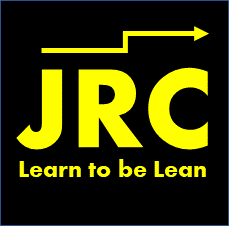






















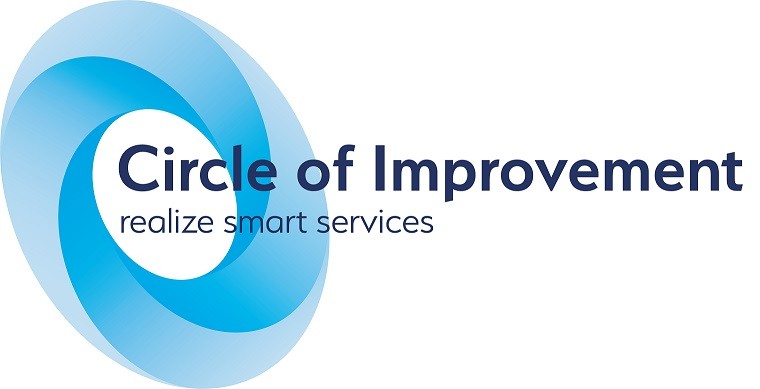



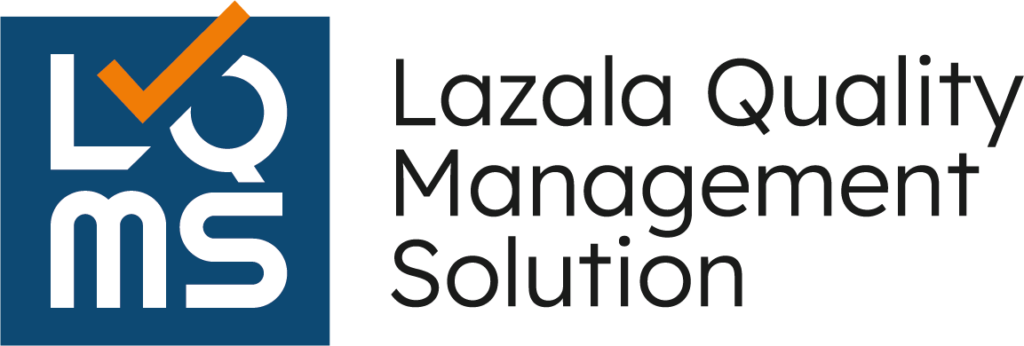


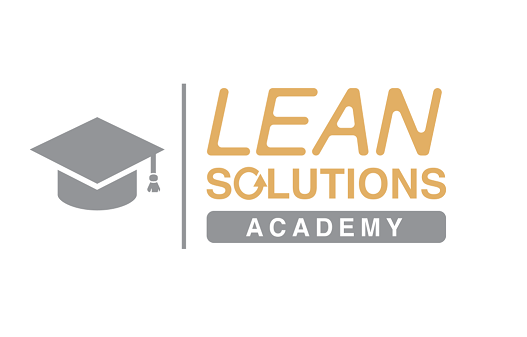


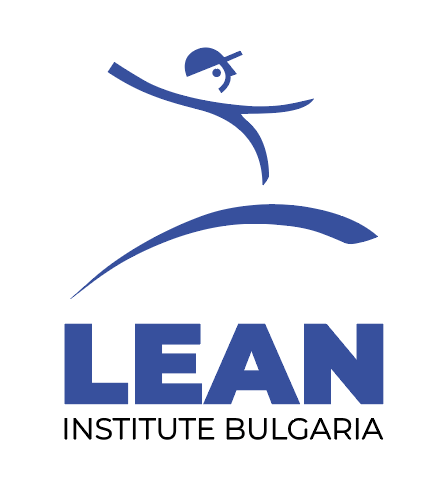


![UCOURSE.ORG [UCOURSE Academy] was established in Hong Kong in 2019 (company name: UCOURSE LTD), dedicated to providing high-quality online courses and courses for Chinese people in China, Hong Kong, and even all over the world. UCOURSE.ORG 【优思学院】于2019年成立于香港(公司名称:优思学院有限公司 / UCOURSE LTD),致力于为中国、香港、以至身处于全球各地的中国人提供优质的线上课程和考试认证,促进全国的人材培育、个人的职业发展,让学员在事业上事半功倍,同时助力国家的未来的急促发展。](https://ilssi.org/wp-content/uploads/2021/02/ucourse-logo-250.png)

